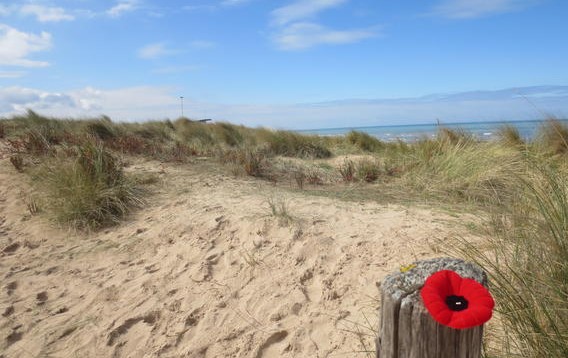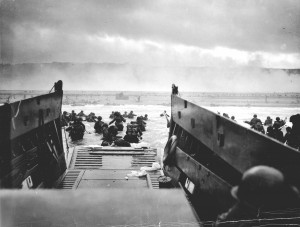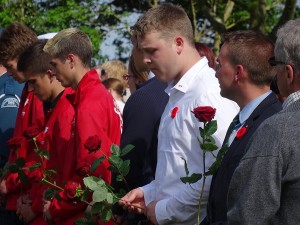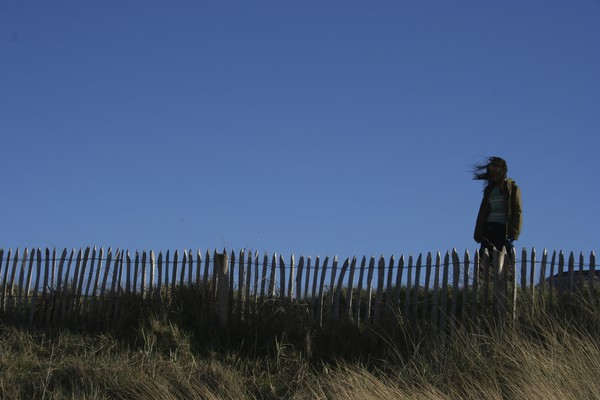 2019 will mark the 75th anniversary of one of the most infamous conflicts in our history. The bravery that so many young Canadians exhibited during that fateful summer still touches our lives, and Explorica will be commemorating their sacrifice throughout the 2019 school year with a collection of tours specifically focused on D-Day and Canadian history.
2019 will mark the 75th anniversary of one of the most infamous conflicts in our history. The bravery that so many young Canadians exhibited during that fateful summer still touches our lives, and Explorica will be commemorating their sacrifice throughout the 2019 school year with a collection of tours specifically focused on D-Day and Canadian history.
On June 6, 1944, a massive Allied force crossed the English Channel to engage in Operation Overlord on the coast of Normandy. There were five landing zones, given special code names that have become forever ingrained in the identity of the region: Juno Beach (Canada); Gold Beach (United Kingdom); Sword Beach (United Kingdom); Utah Beach (United States) and Omaha Beach (United States).
 Join the discussion: Before departing for the beaches of Normandy, some Navy soldiers were served steak and eggs for breakfast. The heavy meal and rough seas caused sea sickness on the landing vehicles. It is said that those who didn’t eat such a big meal had a better chance of survival because they were less likely to be sick. What do you think?
Join the discussion: Before departing for the beaches of Normandy, some Navy soldiers were served steak and eggs for breakfast. The heavy meal and rough seas caused sea sickness on the landing vehicles. It is said that those who didn’t eat such a big meal had a better chance of survival because they were less likely to be sick. What do you think?
The mission of the 450+ Canadian paratroopers and the some 14,000 Canadian troops who joined the firefight on Juno beach was to establish a beachhead along an eight-kilometre stretch fronting the villages of Courseulles-sur-Mer, Bernières-sur-Mer, and Saint Aubin-sur-Mer. Once secure, the troops would push inland to capture the city of Caen, an important communications centre for the Germans. The brutal battle for Caen dragged for several weeks, but with so many German divisions focused on holding the city, the U.S. forces were eventually able to break through the sparse defences to the south, and moving east, threatened to encircle the German forces in Normandy from behind.
Join the discussion: Speculation abounds around the story that on the morning of D-Day, the Germans could not launch the Panzers counterattack as the order could only be given by Hitler, who slept in. And no one dared to wake him. Do you think the outcome would have been different had Hitler been awoken?
In mid-August, Canadians played an important role in closing the “Falaise Gap” as the Germans finally retreated in the face of the Allied offensive. Two days later, on August 25, 1944, Paris was liberated by the Allies, officially bringing the Normandy campaign to a close.
 Canadian forces suffered the most casualties of any division in the Commonwealth Army Group, and more than 5,000 Canadian soldiers were laid to rest in the region.
Canadian forces suffered the most casualties of any division in the Commonwealth Army Group, and more than 5,000 Canadian soldiers were laid to rest in the region.
Our D-Day tours help you honour this legacy of selfless bravery. Stand in the bunkers on Juno Beach and hear the waves crashing just as our soldiers did all those years ago. Attend a Last Post Ceremony at Menin Gate in Flanders. Travel to Paris and pay homage at the tomb of the unknown soldier under the Arc de Triomphe.
Lest we forget.

